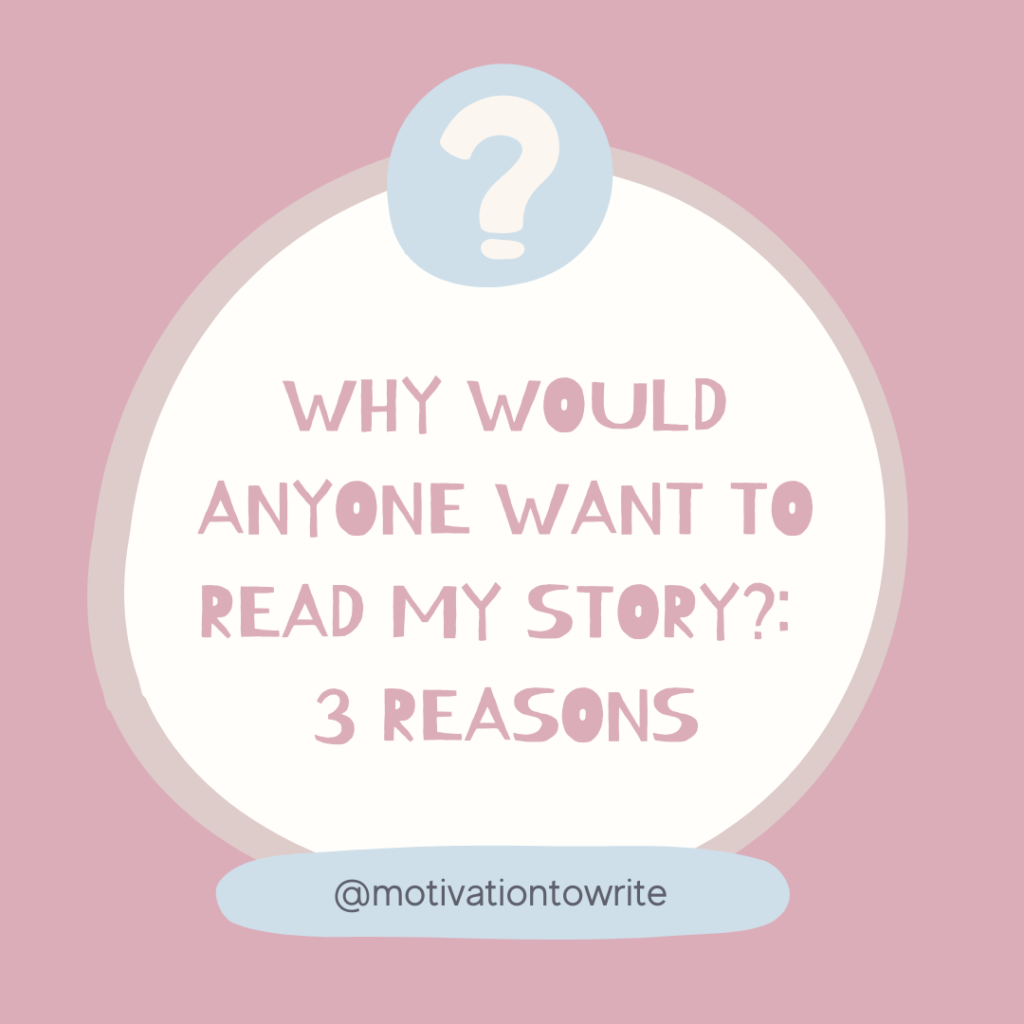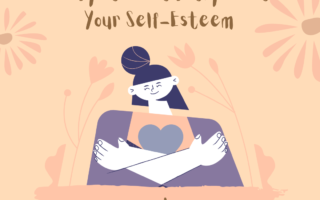
Table of Contents
Why Would Anyone Want to Read My Story?
New writers often as, “Why would anyone want to read my story?” Here are three reasons.
You have a solution to someone’s pain point.
There are people with problems that you can solve. Some people are battling depression. Some are seeking to learn a new skill. Some are looking for information about The Rolling Stones. (Okay, that rock group just came to me. But you get my point.)
Think about your work and your message. Who needs to hear it? You don’t have to be a nonfiction writer to educate, console, or encourage your readers. I recently bought Toni Morrison’s The Bluest Eye because I wanted to learn how she uses language. I wanted to learn how to become a better writer. This is not something she explicitly teaches in the novel. But wanting to become a better writer is one of my pain points. And I knew enough about Morrison’s writing style (something I’ll talk about later) that I felt I could learn from her.
You might be saying, “But I’m not Toni Morrison! Who wants to learn from me?” I don’t know. That’s for you to figure out. Just know this: There are people who you can help.
Think about why you read books or articles: because there is a pain point—no matter how small—that you are seeking to alleviate. Even if all you want is to escape through a great story, what are you escaping from? Boredom? Stress? Your annoying turtle?
We’re talking about the work you created. So one of your pain points is probably the genesis of your story. Start there. There are certainly other people who share that pain point.
You have a story that people can relate to.
Go to Amazon or Goodreads and browse through book reviews. Read the five-starred ones. Notice what these readers say:
- “I fell in love with…”
- “It reminded me of…”
- “I felt like…”
- “The emotion…”
- “Before I thought…but now I understand that…”
- “It was compelling…”
You get the picture. In most five and four-star reviews, the writer will include a variation of one of these fragments. This is because they relate to the story.
My favorite book has always been Roald Dahl’s Charlie and the Chocolate Factory. I relate to Charlie. I didn’t grow up in a small shack with my parents and four grandparents who had to share a bed. But I relate to Charlie’s innocence and naiveté and desire for a better life for him and his family. I’ve also known bratty kids like Veruca Salt and Mike Teavee. And I feel elated when they get their comeuppance. That I relate so much to the story is why I’ve read it many times.
Films work the same way. People love and rewatch movies that remind them of themselves—even if the hero is an aspired version of who they want to be. You, too, have a narrative that people are dying to read over and over. Never underestimate the power of your story.
If you’re still asking, “Why would anyone want to read my story,” consider this last important point.
You have a voice that people love.
I’m referring to your writing voice, not your speaking voice. (Although you’re speaking voice is quite lovely.) Every writer has a distinct style, like a fingerprint. In literature studies, we call this style the writer’s voice. A few elements contribute to your voice:
- Your word choice (also known as diction)
- Your way of crafting sentences (aka syntax)
- Your way of using images (aka imagery)
- Your attitude toward your subject or characters (aka tone)
I could write an entire book about voice. There are many delicious bits to explore. But for this article, all you need to know is that your writing style is unique based on each item in this list.
You have a particular way of using words and writing sentences. The way you use imagery is different than, well…everybody. And I bet you didn’t know you have a way of conveying your attitude.
Consider the J.K. Rowlings Harry Potter series. What is her attitude toward Harry versus Draco? Toward Harry, she is sympathetic and admiring; toward Draco, scornful and annoyed. Or consider F. Scott Fitzgerald’s The Great Gatsby. Fitzgerald’s tone toward Gatsby is conflicted. At times he is disapproving of Gatsby. But for seemingly most of the narrative, his attitude is amused and awestruck.
Having a unique style doesn’t eliminate the need for editors, alpha readers, beta readers, and other eyes to help polish your work. Unlike your fingerprint, your writing style can evolve.
Putting in a little extra time to improve your craft is well worth the investment. And taking a bit more time to consider all three of these points will change your attitude toward yourself as a writer.
I hope by now you’re saying, “Oh, now I get why would anyone want to read my story!”
You have the solution to somone’s problem; you have a story people can relate to, and you have a voice that people love.
For more articles like Why Would Anyone Want to Read My Story, visit ZayZoh.com. Also, following me on Facebook.


